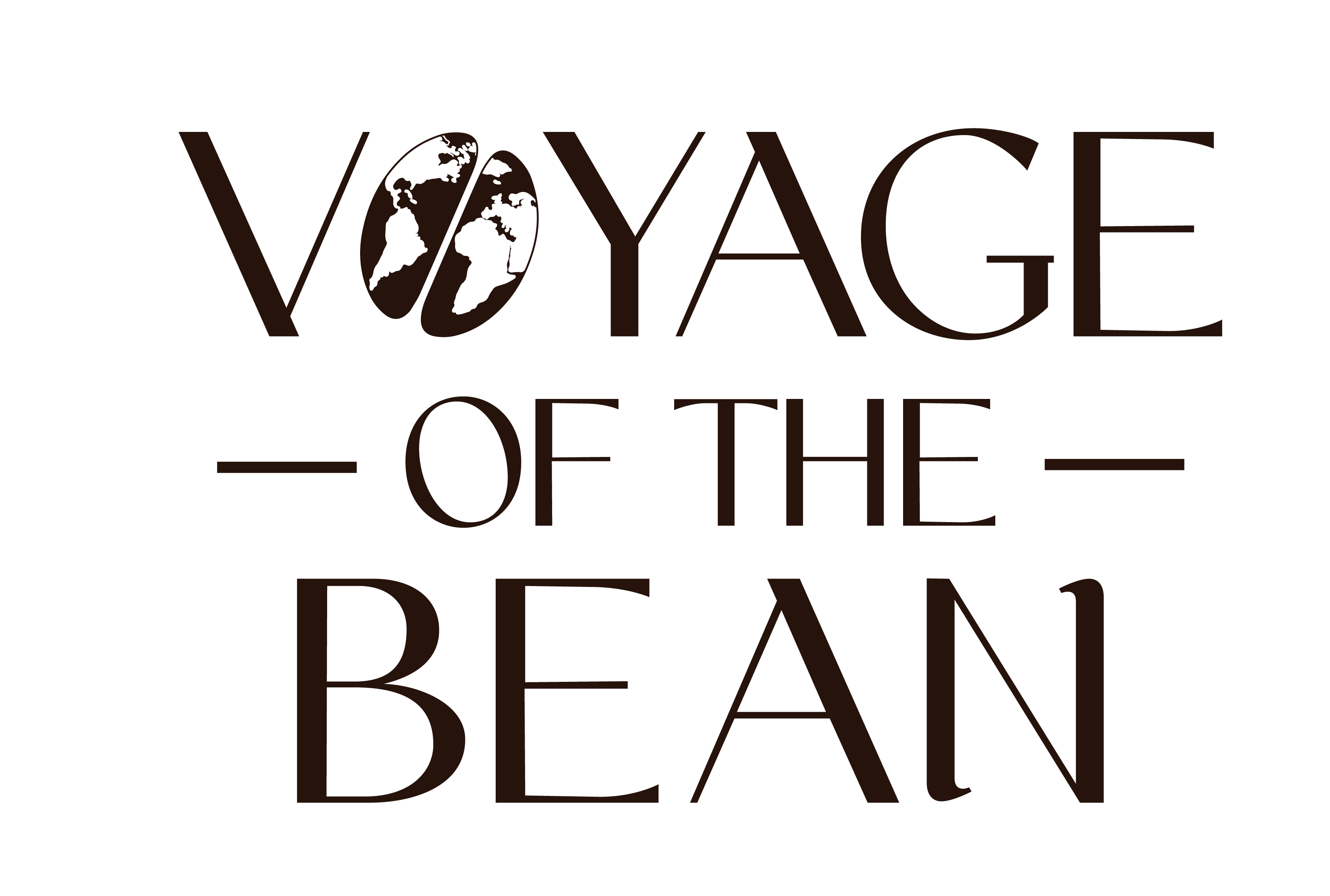1. Fewer Toxins, More Purity
Conventional coffee is one of the most chemically treated crops in the world, with beans often exposed to pesticides, herbicides, and synthetic fertilizers. These chemicals don’t just disappear—they can leave residues on the beans and ultimately make their way into your cup.
Organic coffee, on the other hand, is grown without synthetic pesticides or fertilizers, ensuring that your morning brew is cleaner and free from unwanted toxins.
🔬 The Science: Studies have shown that long-term exposure to pesticides may contribute to hormonal imbalances, neurological issues, and even chronic diseases. By choosing organic, you’re minimizing your risk of ingesting these harmful substances.
2. Higher Levels of Antioxidants
Coffee is one of the richest sources of antioxidants in the modern diet, and organic coffee often contains even higher concentrations of these disease-fighting compounds.
What do antioxidants do?
- Fight free radicals that cause aging and cell damage.
- Support heart health by reducing inflammation.
- Lower the risk of certain cancers and chronic diseases.
💡 Fun Fact: A study published in the Journal of Agricultural and Food Chemistry found that organically grown coffee beans contain higher antioxidant activity than conventionally grown beans.
3. Better for Gut Health and Digestion
If coffee ever makes your stomach feel uneasy, you’re not alone. Some people experience acid reflux or digestive discomfort from conventional coffee due to chemical residues, mold, or mycotoxins present in low-quality beans.
Organic coffee tends to be lower in acidity and free from mold or chemical residues, making it easier on your stomach and supporting healthy digestion.
🚀 Pro Tip: If you have acid sensitivity, try organic cold brew coffee—it has lower acidity than hot-brewed coffee.
4. Supports Brain Function and Mental Clarity
Coffee is widely known for boosting cognitive function, but organic coffee may offer even greater brain benefits. Since it is free from synthetic chemicals, it allows the natural caffeine, polyphenols, and chlorogenic acids to work in harmony with your body.
Brain-Boosting Benefits of Organic Coffee:
- Improves focus and concentration
- Enhances memory and cognitive function
- May reduce the risk of neurodegenerative diseases (such as Alzheimer’s and Parkinson’s)
🔬 The Science: A study published in the Journal of Nutrition found that regular coffee consumption is associated with a lower risk of cognitive decline as we age.
5. Boosts Energy Levels—Without the Jitters
One of the downsides of low-quality, chemically treated coffee is that it can sometimes leave you feeling jittery or anxious. This is because pesticides and mold toxins can interfere with how caffeine is metabolized in the body.
Organic coffee provides a cleaner source of caffeine, giving you:
☕ Sustained energy without crashes
☕ Better focus without jitters
☕ A natural mood boost
🚀 Pro Tip: If you’re sensitive to caffeine, opt for organic shade-grown coffee—it has a smoother, more balanced caffeine release.
6. Supports a Healthy Heart
Studies suggest that moderate coffee consumption (especially organic coffee) may have heart-protective benefits, including:
- Lowering the risk of stroke and heart disease
- Improving circulation and blood vessel function
- Reducing inflammation that contributes to cardiovascular issues
💡 Did You Know? A study published in Circulation found that drinking 3-5 cups of coffee per day was associated with a lower risk of heart disease compared to non-coffee drinkers.
7. Better for the Planet, Better for You
Choosing organic coffee isn’t just good for your health—it’s also a win for the environment.
How organic coffee helps the planet:
🌍 Grown without harmful pesticides that contaminate soil and water
🌍 Supports biodiversity and sustainable farming
🌍 Often grown using shade-grown techniques that protect forests
At Voyage of the Bean, we’re committed to sourcing ethically grown, organic coffee that not only tastes amazing but also supports sustainable farming communities around the world.
8. Organic Decaf: A Healthier Alternative
If you love coffee but prefer to avoid caffeine, organic decaf coffee is the best option. Many conventional decaf coffees are processed using chemical solvents like methylene chloride, which can leave residual toxins in your cup.
Organic decaf, on the other hand, is processed using natural methods like the Swiss Water Process, which removes caffeine without chemicals.
🚀 Pro Tip: Looking for a smooth, chemical-free decaf? Try our Voyage of the Bean Organic Decaf, made with 100% Swiss Water Process beans!
Final Thoughts: Why Organic Coffee is Worth It
Switching to organic coffee isn’t just about avoiding chemicals—it’s about choosing a cleaner, healthier, and more flavorful experience. With more antioxidants, better digestion, and heart-protective benefits, organic coffee is truly the best way to fuel your day—naturally.
At Voyage of the Bean, we believe that every sip should be good for your body and good for the planet. That’s why we carefully source high-quality organic beans that are grown with care, ensuring that every cup you brew is a step toward a healthier you.
So, are you ready to make the switch? Try our organic blends today and taste the difference for yourself!
What’s your experience with organic coffee? Have you noticed a difference in taste or how it makes you feel? Drop a comment below—we’d love to hear your thoughts!



